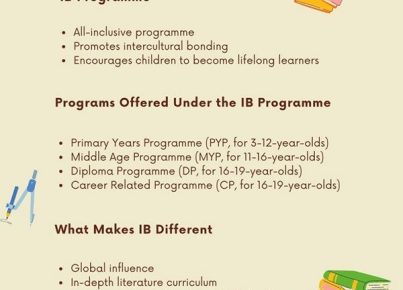The digital divide is a long-standing issue in the United States, with disparities in access to technology and the internet persisting across various racial and ethnic groups. A recent study by the Pew Research Center has highlighted that Black American households are significantly less likely to own a computer compared to other racial groups.
According to the study, 47% of Black households in the United States do not own a computer, which is a higher percentage than any other racial or ethnic group. This is compared to 24% of White households, 22% of Hispanic households, 18% of Asian households, and 16% of Native American households. The study also found that the gap in computer ownership is even more pronounced when it comes to access to the internet. While 63% of the overall population has access to the internet, only 52% of Black households do, compared to 71% of White households and 73% of Asian households.
The digital divide is not just a matter of basic access to technology, but also has significant implications for socioeconomic mobility, education, and employment. In today’s digital age, having access to a computer and the internet is crucial for accessing information, communicating with others, and completing many tasks. Without access to these technologies, individuals and families may struggle to participate fully in society and may be at a disadvantage in terms of education, employment, and economic opportunities.
The reasons for this disparity are complex and multifaceted, but they are likely related to factors such as income, education, and access to resources. Black American households tend to have lower incomes and lower levels of educational attainment, which can make it more difficult for them to afford the necessary technology and internet access. Additionally, the lack of digital infrastructure in some communities, particularly in rural areas, may also contribute to the disparity.
To address this issue, it is essential to invest in programs that increase access to technology and the internet for Black American households, particularly those with lower incomes and in rural areas. This can be achieved through initiatives such as public-private partnerships, digital literacy programs, and infrastructure investments. By closing the digital divide, we can work towards creating a more equitable and connected society.





